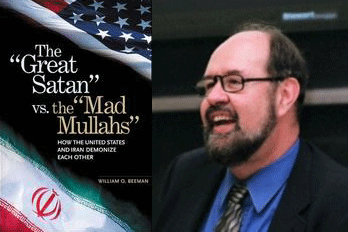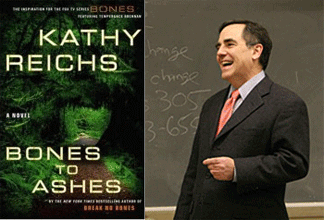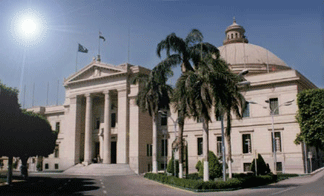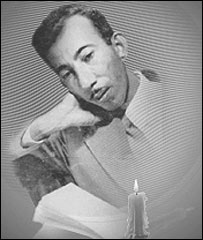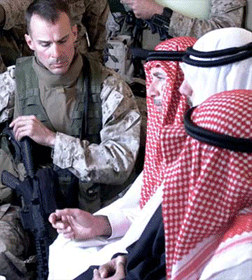
by Elizabeth Redden, Inside Higher Ed, December 3
With debate over the role of anthropologists in aiding the military machine a theme threading through their annual meeting, scholars voted Friday to demand that the American Anthropological Association reinstate strict language from its 1971 code of ethics prohibiting secret research. Members at the meeting – who, for the second time in about 30 years and the second year in a row constituted a quorum in excess of the required 250 — also voted overwhelmingly to oppose “any covert or overt U.S. military action against Iran.â€
The language anthropologists want reinstated on secrecy – which, the resolution’s sponsor affirmed would apply to anthropologists doing work for corporations too – stipulates that “no reports should be provided to sponsors that are not also available to the general public and, where practicable, to the population studied.†Like every item of business discussed Friday other than the resolution on Iran, the resolution on secrecy was not filed for consideration 30 days in advance, as is required under association rules, and so will be submitted to the association’s executive board on an advisory basis only.
But Friday’s vote only strengthens a recommendation contained in a new report from the AAA Commission on the Engagement of Anthropology with the U.S. Security and Intelligence Communities, which suggests that the membership or ethics committee “should consider†reinstating those same sections (1.g, 2.a, 3.a, and 6) of the 1971 code. The report centers on whether the association’s ethical standards bar ties to the military or intelligence agencies. The commission’s short answer: Not necessarily, although more scrutiny is needed. Stressing the diversity of roles anthropologists can play in military and intelligence apparatuses, the panel determined that while certain interactions would violate the ethical code, members also “see circumstances in which engagement can be preferable to detachment or opposition.†On issues of secrecy, for instance, the commission offered one particularly complex dilemma as illustration: “Some situations might be counterintuitive for most of us: consider a situation in which a research project is kept secret from the scholarly community, but not from the local population or community under study – as when an anthropologist employed by a government agency helps a special operation to get medical supplies to a remote town in northern Afghanistan.†Continue reading Secrecy and Anthropology →
